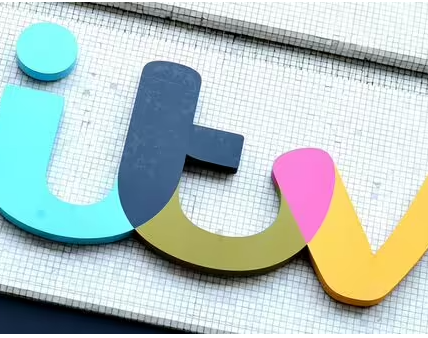An expert has said the Chancellor should not change a levy, which would force people to fork out more.

The Chancellor has been issued a host of warnings about possible measures included in her Budget (Image: Getty)
Working Brits have been warned that they could be in for a £500 bill after Rachel Reeves unveils her latest Budget next week. New analysis from investment and trading platform IG showed a four-point increase in the basic rate of dividend tax, one of the measures rumoured to be in the offing, would hit 3.2million taxpayers, and many of these would fall within the Government’s “working people” category, experts suggest. It comes as the Institute of Fiscal Studies (IFS) research suggests that this could result in an annual £500 bill per person.
Michael Healy, UK Managing Director at IG, said: “Dividend tax changes might look like a quick and painless way to raise revenue, but an increase will hurt millions of people and undermine the Government’s own ambition to build a nation of investors. At a time when households are trying to grow their wealth and the UK stock market needs long-term capital, now is the worst possible moment to make investing in UK stocks less attractive.

Brits could face an annual bill of £500 (Image: Getty)
“We are urging the Government to keep its hands off our investments.
“Any raid on dividend tax or other investment incomes sends completely the wrong message to the many savers the Government wants to convert to investing.”
The Chancellor is set to increase the basic, higher and additional rates of dividend taxes, which would raise an estimated £2billion in extra revenue, according to The Telegraph.
Dividends received are levied on top of income.
Currently, the basic rate for returns on shareholdings is 8.75% for individuals in the basic income tax band, between £12,571 and £50,270.
The higher rate, meanwhile, is 33.75%, with an additional rate for people in the highest tax band at 39.35%.
Ms Reeves said in her pre-Budget speech earlier this month: “As I take my decisions on both tax and spend, I will do what is necessary to protect families from high inflation and interest rates, to protect our public services from a return to austerity, and to ensure that the economy that we hand down to future generations is secure, with debt under control.”
She added: “If we are to build the future of Britain together, we will all have to contribute to that effort. Each of us must do our bit for the security of our country and the brightness of its future.
“There is a reward for getting these decisions right, to build more resilient public finances – with the headroom to withstand global turbulence – giving business the confidence to invest and leaving government freer to act when the situation calls for it, to continue to invest in our infrastructure and our industry to build a stronger economy, and to get the cost of borrowing down – spending less on debt interest – and more on schools and our health service.”
